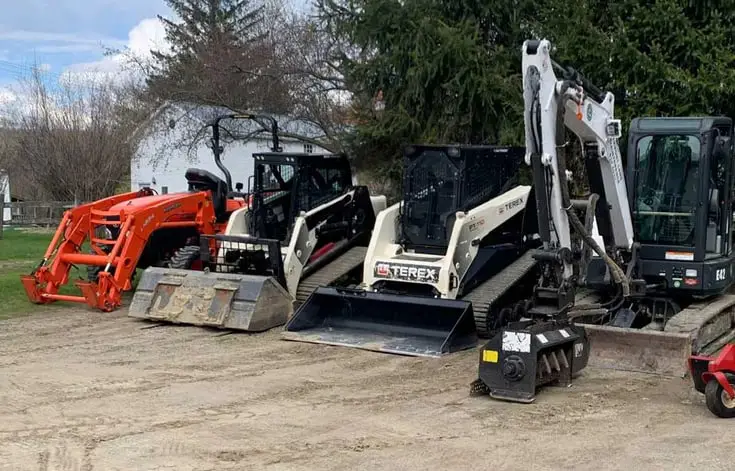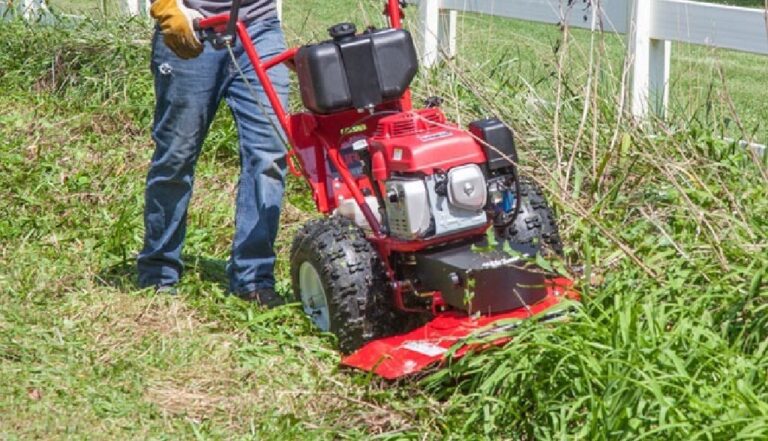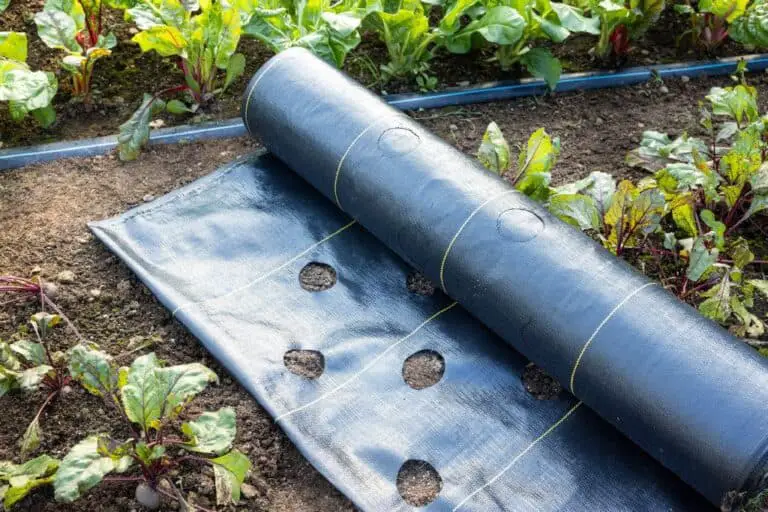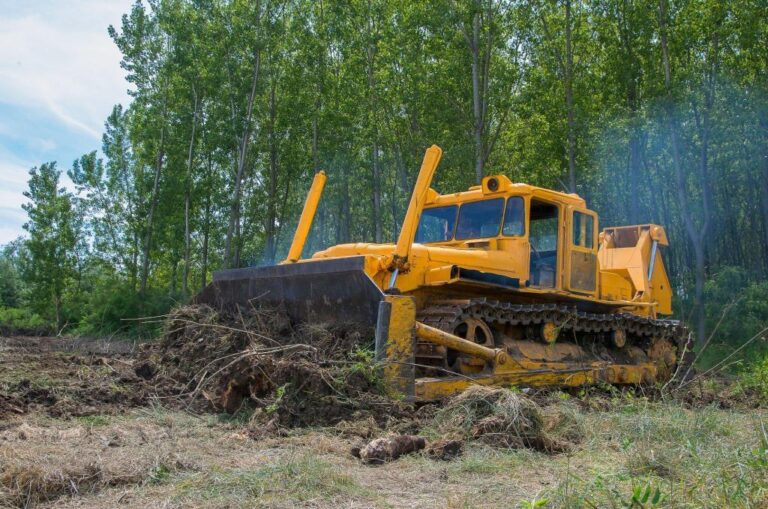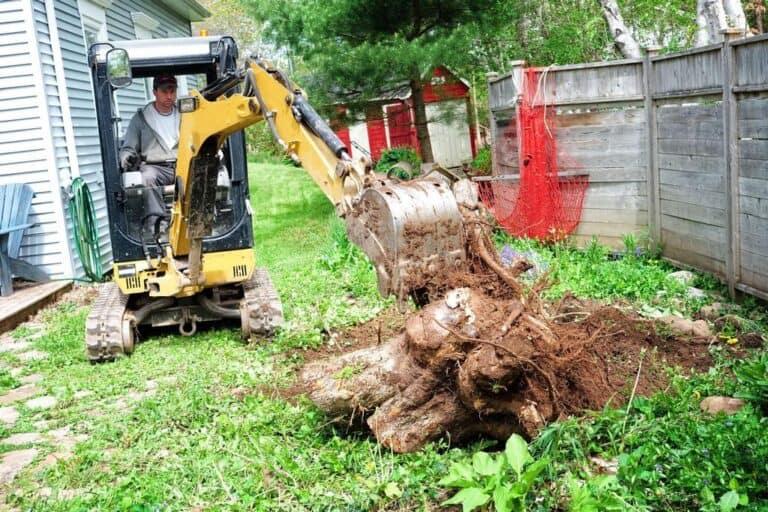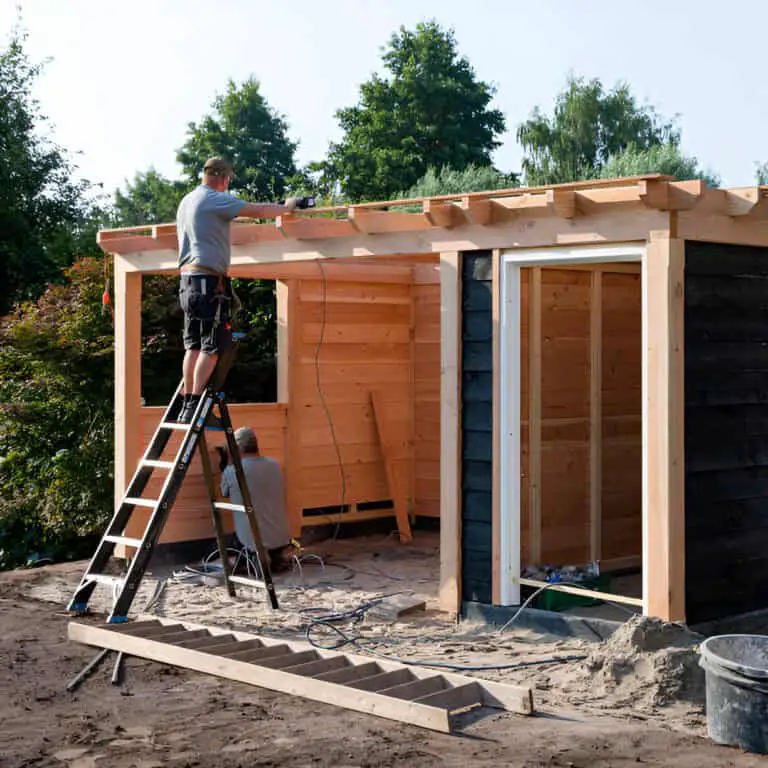Can Plastic Sheds Warp? The Pros and Cons of Resin Sheds
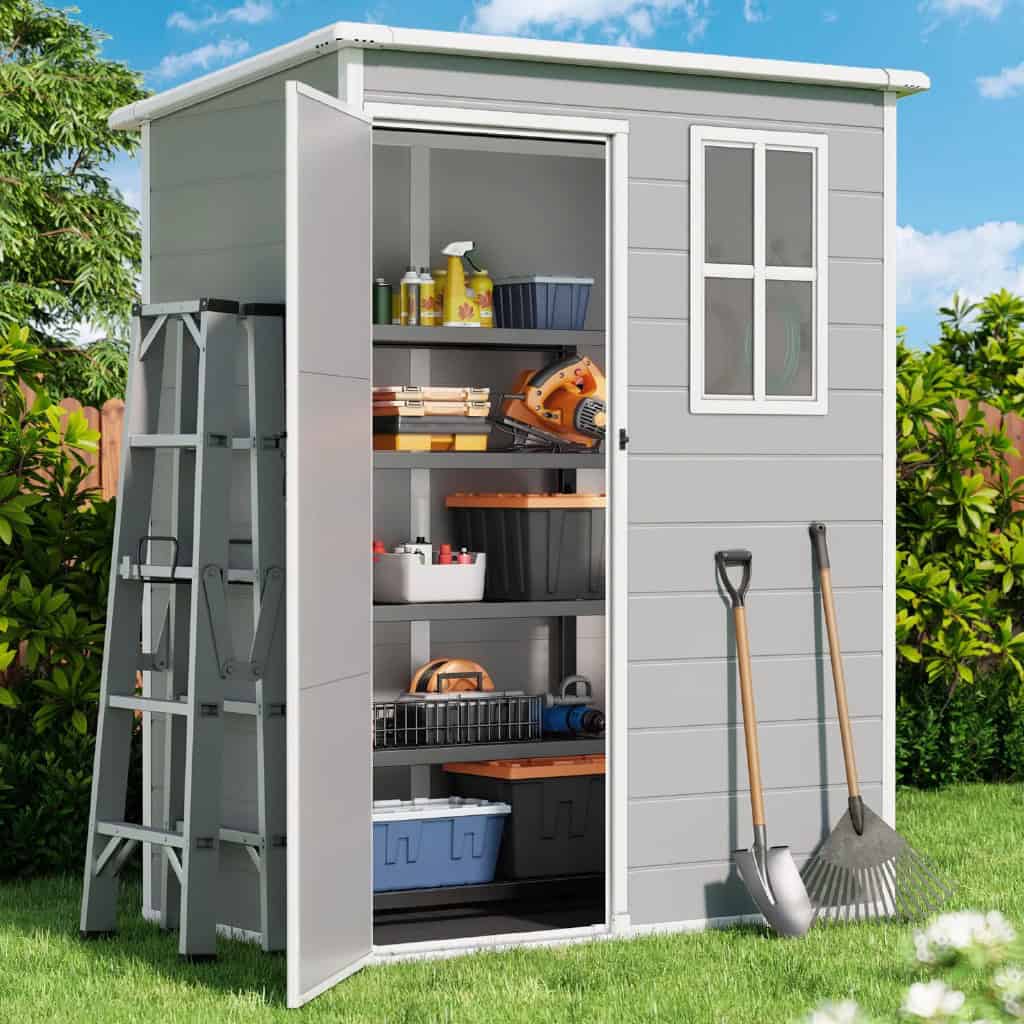
When I started searching for a storage solution for my backyard, I kept running into sleek, modern plastic sheds—also called resin sheds. They looked sharp, were affordable, and promised to be low-maintenance. I loved the idea of not having to paint, stain, or worry about rust. But as I looked deeper, one question kept popping up: Do these plastic sheds really hold up over time, or do they warp in the heat and sun? That question stuck with me.
It’s a fair concern—after all, these sheds are made from molded plastic panels, and we all know what the sun can do to things left outside for too long. Can they stand up to scorching summers? Will they buckle under the weight of snow? Or worse, start sagging or twisting after a few seasons?
In this article, I’ll walk you through everything I learned while researching and owning a resin shed—from the materials used to the common issues and how to avoid them. If you’re considering a plastic shed, this guide will help you understand what to expect, how to keep it looking great, and whether it’s truly the right fit for your space.
Understanding Plastic (Resin) Sheds
Resin sheds, made from high-density polyethylene (HDPE) or polyvinyl chloride (PVC), offer an alternative to traditional wood and metal sheds. They promise a lightweight, weather-resistant, and easy-to-assemble solution for outdoor storage. But just like any material, plastic sheds come with their own set of pros and cons.
Do Plastic Sheds Warp?
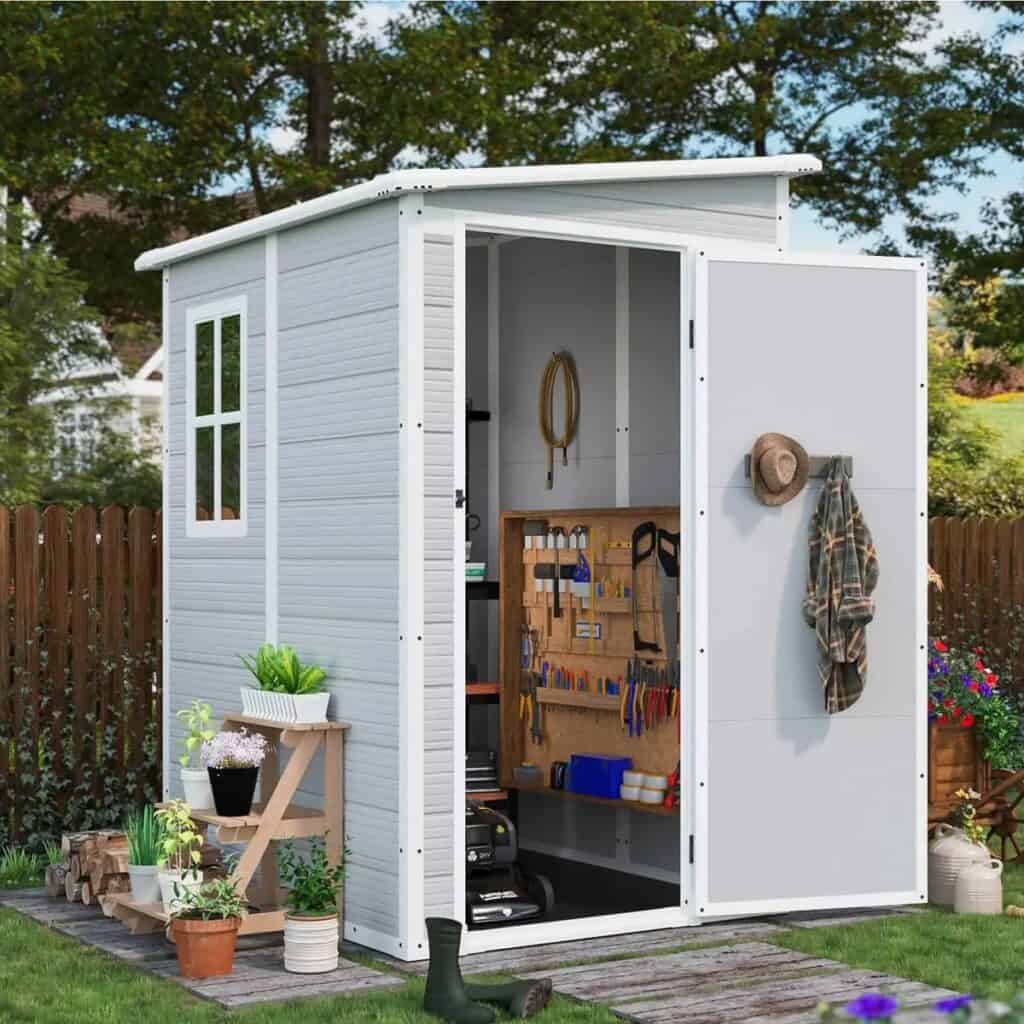
The short answer: Yes, plastic sheds can warp under certain conditions. However, whether or not your shed will warp depends on several factors, including material quality, climate, and installation.
Factors That Contribute to Warping:
✔ Extreme Heat Exposure – Prolonged exposure to high temperatures can cause plastic panels to soften and deform. ✔ Poor Foundation – Uneven or weak foundations can lead to shifting and bending over time. ✔ Heavy Snow Load – Excessive weight from snow accumulation can cause the roof and walls to sag. ✔ UV Degradation – Sun exposure can make lower-quality plastics brittle and prone to warping.
How to Prevent Warping:
✔ Choose High-Quality Resin – Look for UV-resistant materials that can withstand sun exposure. ✔ Install on a Solid Foundation – A stable, level base (concrete slab or wooden platform) prevents shifting. ✔ Provide Shade – Position the shed in a partially shaded area to reduce heat exposure. ✔ Regular Maintenance – Clear snow off the roof and check for any weak spots.
Pros of Plastic (Resin) Sheds
Despite the risk of warping, plastic sheds offer several benefits that make them a popular choice for homeowners.
1. Low Maintenance
Unlike wood, resin sheds don’t require staining, painting, or sealing. They resist rot, rust, and insect damage.
✔ No painting or staining required
✔ Resistant to termites and pests
✔ Won’t rot or corrode over time
2. Easy Assembly
Most plastic sheds come in pre-fabricated panels that snap or screw together, making them easy to set up with minimal tools.
✔ DIY-friendly installation
✔ Lightweight materials make handling easier
✔ No specialized skills required
3. Weather-Resistant
Resin sheds hold up well against rain, wind, and humidity without the risk of rust or decay.
✔ Waterproof material prevents mold and mildew
✔ No swelling or shrinking from moisture
✔ Withstands wind and moderate storms
4. Affordable
Plastic sheds often come at a lower price point than wood or metal options, making them budget-friendly.
✔ Cheaper than wood and metal sheds
✔ Long-term savings due to minimal upkeep
✔ Available in various sizes and styles
5. Lightweight and Portable
Need to move your shed? Plastic sheds are much lighter than their wood or metal counterparts.
✔ Easy to relocate if needed
✔ Doesn’t require heavy-duty lifting equipment
✔ Perfect for renters or temporary storage solutions
Cons of Plastic (Resin) Sheds
While resin sheds offer many benefits, they also have some drawbacks to consider.
1. Prone to Warping and Fading
Extended exposure to extreme heat or UV rays can weaken the plastic over time, leading to warping or fading.
✖ May lose structural integrity in hot climates
✖ Sunlight can cause color fading
✖ Some cheaper plastics become brittle over time
2. Less Sturdy Than Wood or Metal
Plastic sheds lack the solid, heavy-duty feel of wooden or metal sheds. While they hold up well in moderate conditions, extreme weather can be a challenge.
✖ Not as durable in high-wind areas
✖ Can be more susceptible to impact damage
✖ May flex under heavy snow loads
3. Limited Customization
Unlike wood sheds that you can paint, modify, or add shelving to easily, plastic sheds come as-is.
✖ Harder to add shelves, hooks, or modifications
✖ Limited color options
✖ Cannot be painted or stained
4. Security Concerns
Plastic sheds, especially lightweight ones, can be easier to break into than metal or wood structures.
✖ Less resistant to forced entry
✖ May require additional locks or reinforcements
✖ Thinner walls make it easier to puncture
Plastic vs. Other Shed Materials
How does plastic compare to other shed materials? Here’s a quick side-by-side breakdown:
| Feature | Plastic (Resin) | Wood | Metal |
| Durability | Moderate | High | High |
| Maintenance | Low | High | Moderate |
| Weather Resistance | High | Moderate | High |
| Customization | Low | High | Low |
| Security | Moderate | High | High |
| Assembly | Easy | Moderate | Hard |
| Price | Affordable | Expensive | Moderate |
| Check out: How Much Does a Backyard Shed Cost? |
Is a Plastic Shed Right for You?
A resin shed can be a great choice if you’re looking for a low-maintenance, budget-friendly, and easy-to-assemble storage solution. However, if you live in an area with extreme temperatures, strong winds, or heavy snowfall, you might want to reconsider.
Best for You If:
✔ You need a lightweight, portable shed
✔ You prefer a no-maintenance storage option
✔ You live in a moderate climate
✔ You want an affordable solution
Better to Avoid If:
✖ You need a heavy-duty, long-term structure
✖ You live in an area with extreme heat or cold
✖ You want to customize your shed extensively
✖ You need high security for expensive equipment
Final Verdict: Do Plastic Sheds Warp?
Yes, plastic sheds can warp under certain conditions, but high-quality resin sheds with UV protection and a solid foundation can last for years without significant damage. If you’re considering a plastic shed, choose wisely—invest in a well-built model, place it on a sturdy base, and take preventive measures to keep it in top shape.
Key Takeaways:
✅ Plastic sheds are affordable, low-maintenance, and weather-resistant.
✅ Warping can occur due to heat, poor installation, or snow load.
✅ Proper placement, shading, and a solid foundation prevent warping.
✅ Plastic sheds suit mild climates but may struggle in extreme conditions.
Whether you go plastic, wood, or metal, the best shed is the one that fits your needs, climate, and budget. Happy shed shopping! 🚀

